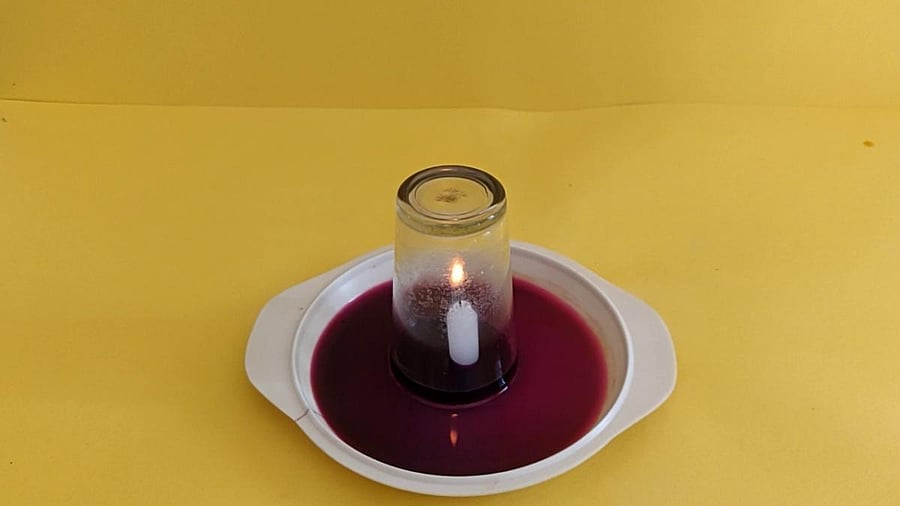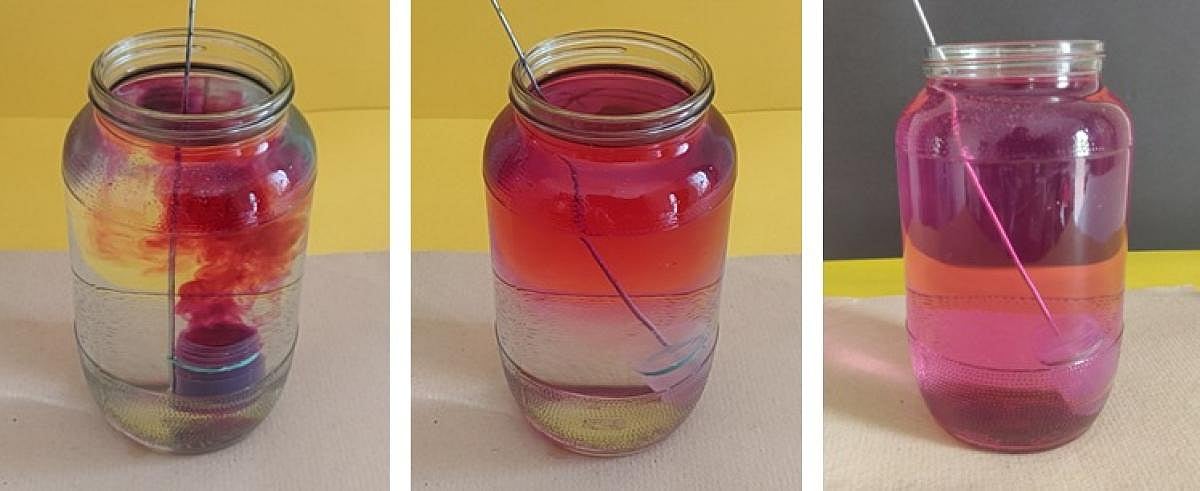

In order to improve the learning ability and creativity of children, India Literacy Project, an NGO, has come up with a multi-dimensional learning programme for ‘little scientists’.
To keep students engaged during the Covid-19 lockdown, it prepared a series of videos in English and Kannada on simple physics, chemistry and biology experiments that can be done at home. The videos are available on YouTube. All the experiments are based on science topics taught to students from Classes 4 to 10.
These videos on try-at-home science experiments are related to various topics like combustion, air expansion, heat transfer in solids, liquids and gases, different states of water, kinetic energy and potential energy, Boyle’s Law, refraction of light, Newton’s Laws of Motion, Law of conservation of momentum etc.
India Literacy Project Secretary Pramod Sridharamurthy said that more than 90 experiments tried using a low-cost science experiment kit have been covered under this. Among them, 28 experiments can be done using materials available at home. Children can themselves try these experiments with the help of videos.
“Science experiments don’t always require costly and sophisticated equipment and laboratory. It can be even done at home using a few materials. Our videos mainly aim at making Science learning easy and fun,” he said.
India Literacy Project has also joined hands with the Education Department in various states for its Technology Assistant Learning Programme. Before the lockdown, they had shared the video link under this initiative with government school teachers in Tamil Nadu, Karnataka and Andhra Pradesh.
Also, they share some PowerPoint files on academic topics with teachers for e-learning free of cost. Such videos have so far reached around 1,100 schools, 2,000 teachers and 2,65,000 children.
The videos can be viewed on India Literacy Project’s YouTube channel ILP’s Little Scientists.
(Translated by Divyashri Mudakavi)